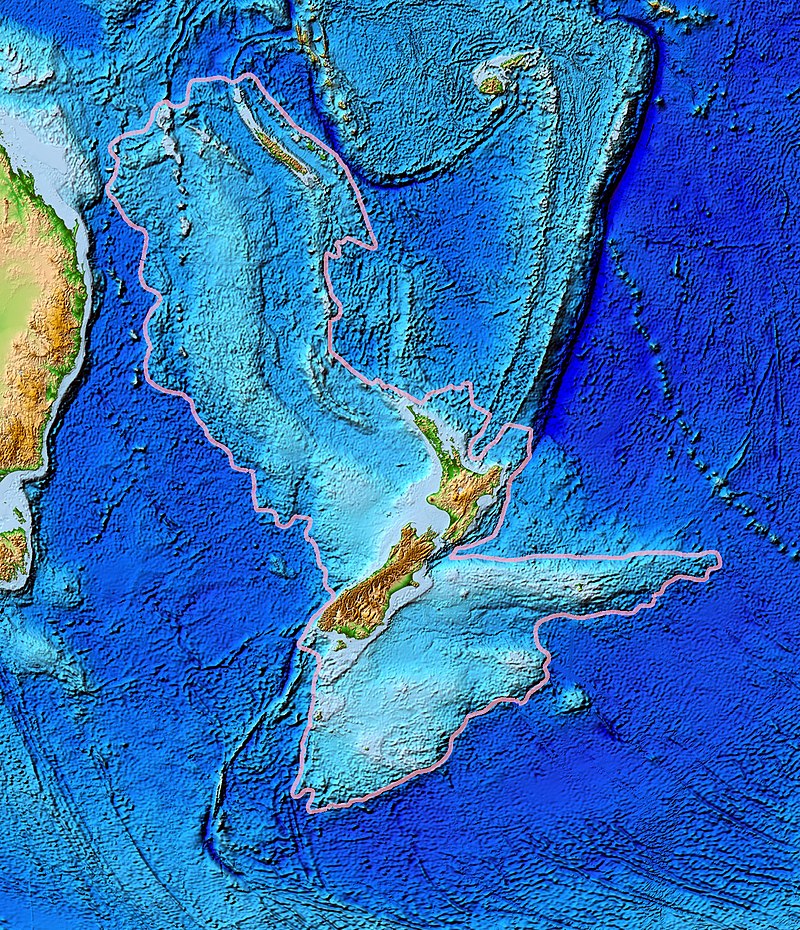
No, not Atlantis, which has contributed so much to world fantasy literature.
There is, in fact, a sort of lost continent, Zealandia. From Tia Ghose at LiveScience:
The lost continent, which is mostly submerged, with all of New Zealand and a few islands peeking out from the water, is about half the size of Australia. By drilling deep into its crust or upper layer, the new scientific expedition could provide clues about how the diving of one of Earth’s plates beneath another, a process called subduction, fueled the growth of a volcano chain and this lost continent in the Pacific Ocean 50 million years ago. The new expedition could also reveal how that Earth-altering event changed ocean currents and the climate. More.
Research is under way to learn more about continental plates and subduction.
See also: The antikythera mechanism and the design inference. Lots of things we didn’t think possible are actually true but we often don’t get the right ones.